In today’s competitive business landscape, recruiting top talent is more critical than ever for the success of any company. Even with this, many businesses still need to improve their hiring procedures, making it more challenging to draw in and keep the most outstanding applicants. We’ll explore the seven biggest recruitment mistakes companies often make and discuss how artificial intelligence (AI) can be a game-changer in avoiding these pitfalls.
Neglecting Employer Branding:
- Mistake: Failing to establish a strong employer brand can result in a lack of interest from top-tier candidates.
- AI Solution: AI-powered tools can analyze market trends and competitors to help companies develop and enhance their employer brand. These tools can also assist in crafting compelling job descriptions and ensuring a consistent and appealing brand message across various platforms.
Ignoring Diversity and Inclusion:
- Mistake: Overlooking diversity and inclusion can lead to a homogeneous workforce, limiting innovation and creativity.
- AI Solution: AI algorithms can be programmed to remove biases from recruitment, ensuring fair and equal opportunities for all candidates. Additionally, AI tools can help identify potential biases in job descriptions and suggest modifications to attract a more diverse pool of applicants.
Lengthy and Complicated Application Processes:
- Mistake: Cumbersome application processes can deter qualified candidates from applying.
- AI Solution: AI-powered chatbots can streamline the application process by answering candidate queries, providing information about the company culture, and guiding them through the application steps. This improves the experience for candidates and raises the possibility of drawing in top talent.
Relying Solely on Traditional Recruitment Methods:
- Mistake: Depending solely on traditional methods such as job boards may limit the reach to potential candidates.
- AI Solution: AI-driven recruitment platforms leverage data analytics to identify and target passive candidates through various channels. These platforms can also predict potential candidates’ likelihood of job change, allowing recruiters to reach out to them proactively.
Incomplete or Inefficient Candidate Screening:
- Mistake: Inefficient screening processes can lead to the oversight of qualified candidates or the selection of ill-suited individuals.
- AI Solution: AI-powered screening tools can analyze resumes, cover letters, and other relevant data to shortlist candidates based on predefined criteria. Natural Language Processing (NLP) algorithms can identify critical skills and experiences, ensuring a more accurate and efficient screening process.
Lack of Personalized Candidate Engagement:
- Mistake: Treating candidates as numbers can result in a lack of engagement and enthusiasm.
- AI Solution: AI-driven personalized communication tools can tailor messages to candidates based on their preferences, career goals, and past interactions. This fosters a more personalized and engaging candidate experience, making the company stand out as an employer of choice.
Failure to Adapt to Evolving Trends:
- Mistake: Ignoring technological advancements and industry trends can leave companies lagging in recruitment.
- AI Solution: AI tools continuously adapt to evolving trends and technologies. By incorporating AI into recruitment strategies, companies can stay ahead of the curve, leveraging predictive analytics and machine learning to anticipate future talent needs and adapt their recruitment approaches accordingly.
Conclusion:
Companies must recognize and rectify these common mistakes in the ever-evolving recruitment landscape to secure top-tier talent. By embracing AI solutions, organizations can revolutionize their recruitment processes, ensuring a more efficient, unbiased, and engaging experience for both recruiters and candidates
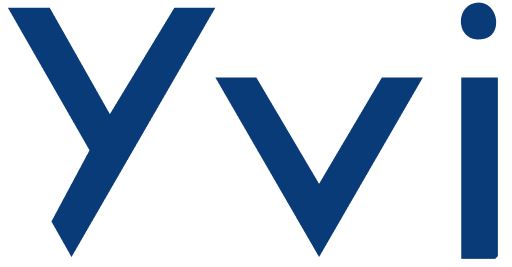

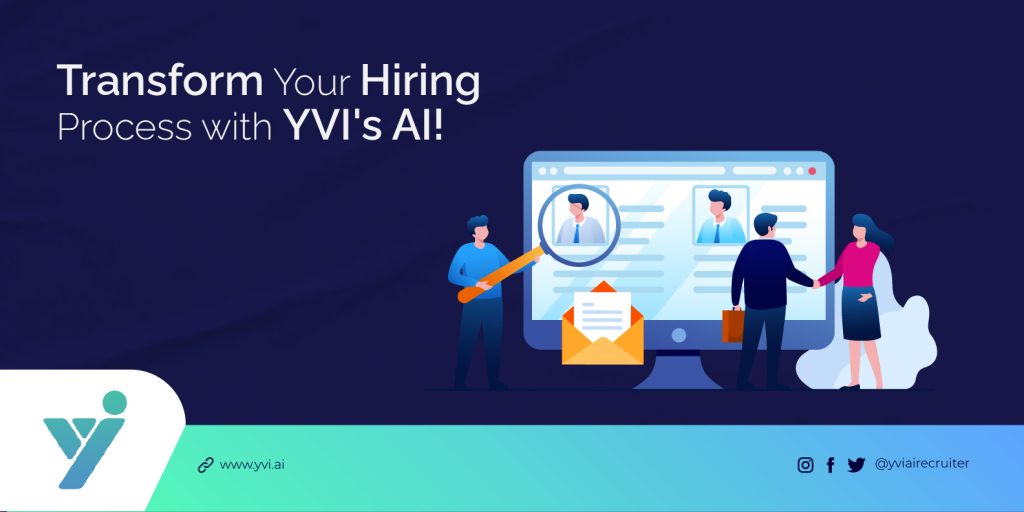
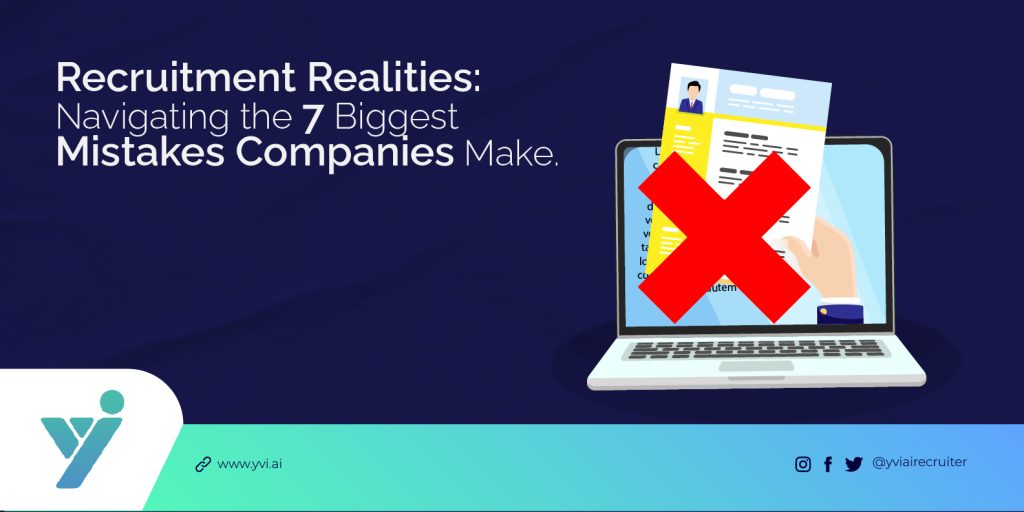
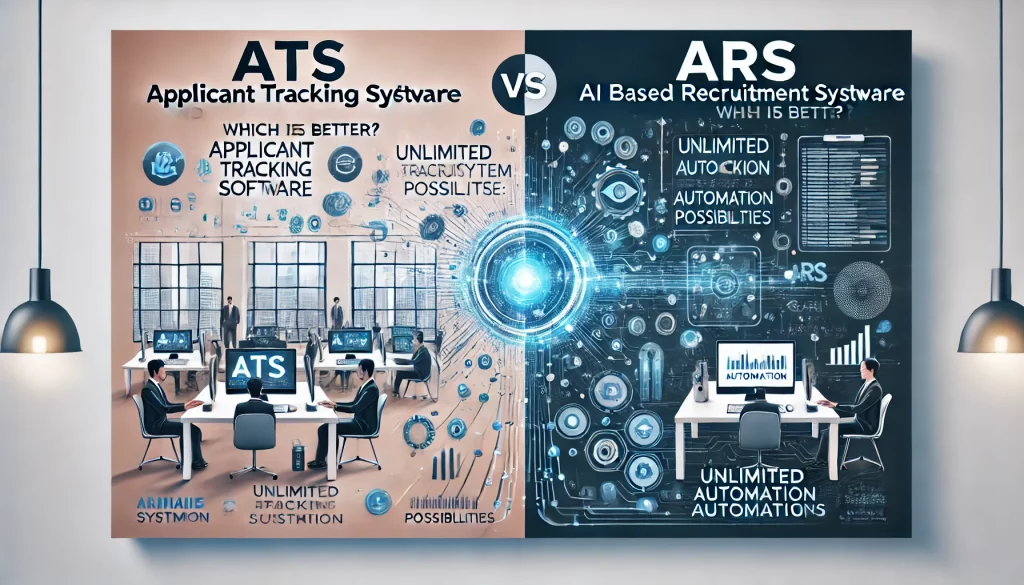
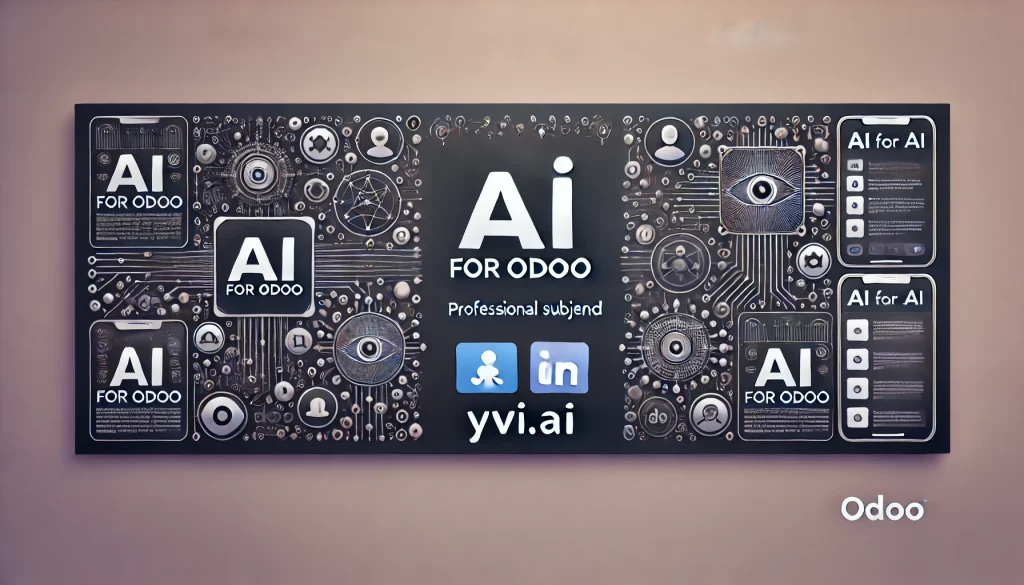
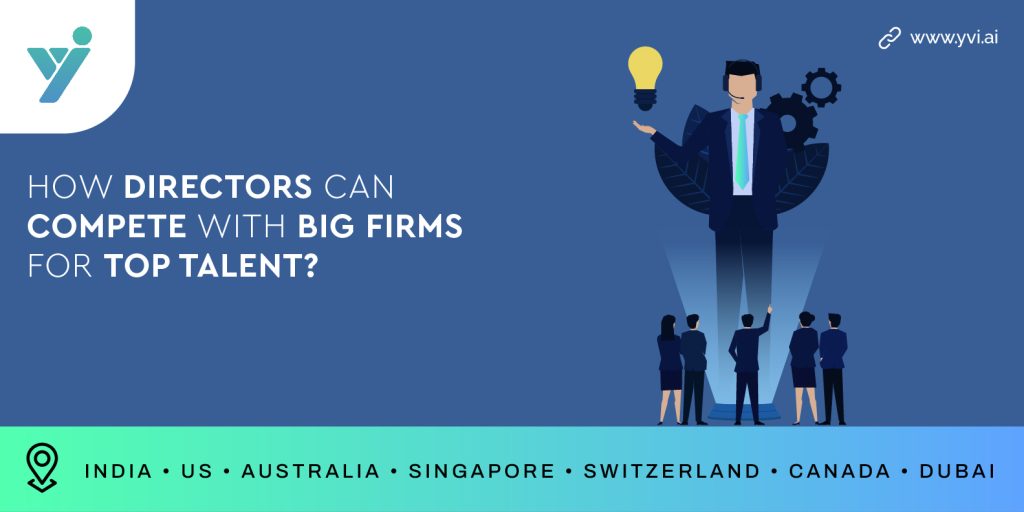
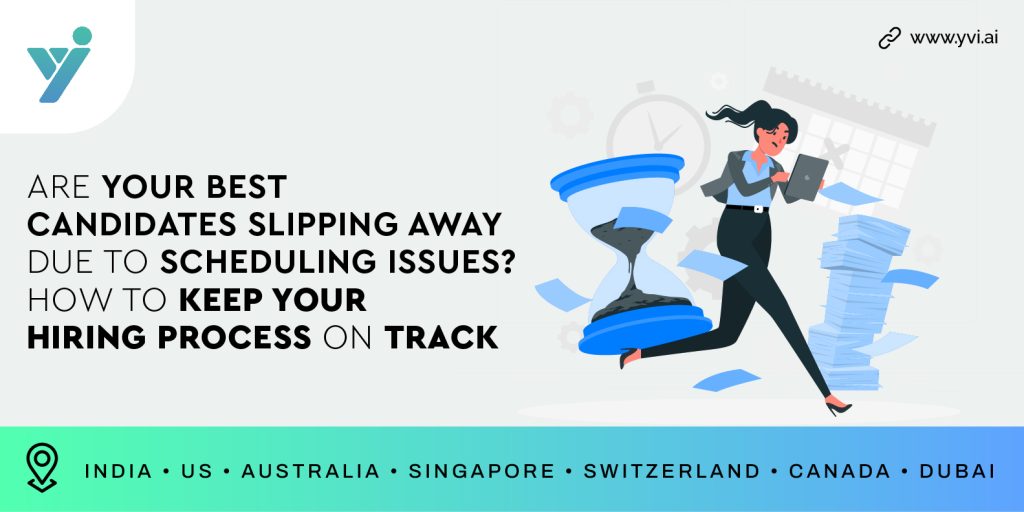
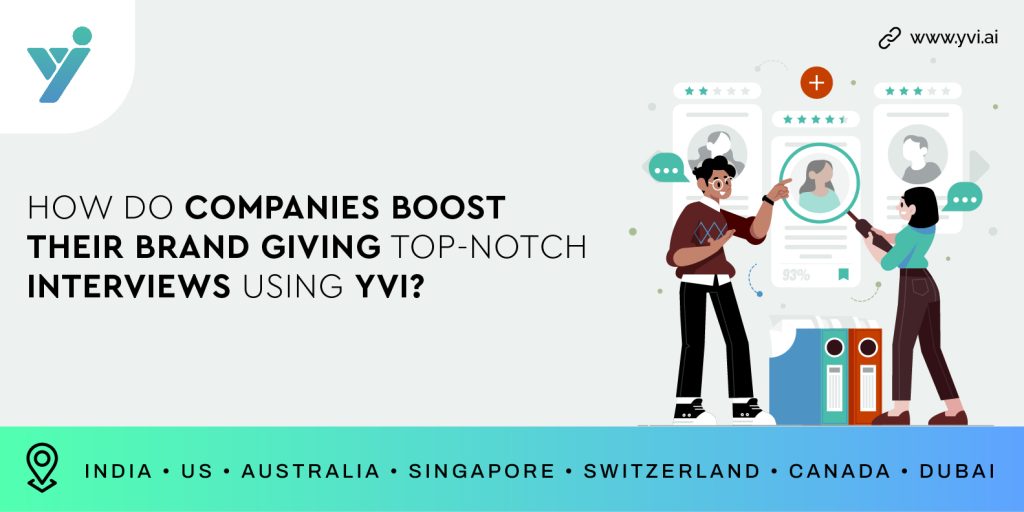

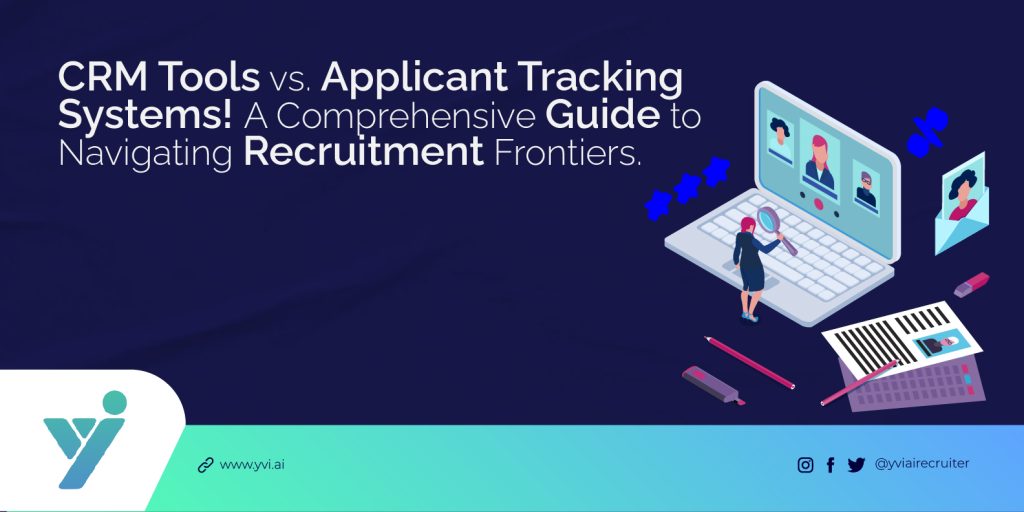
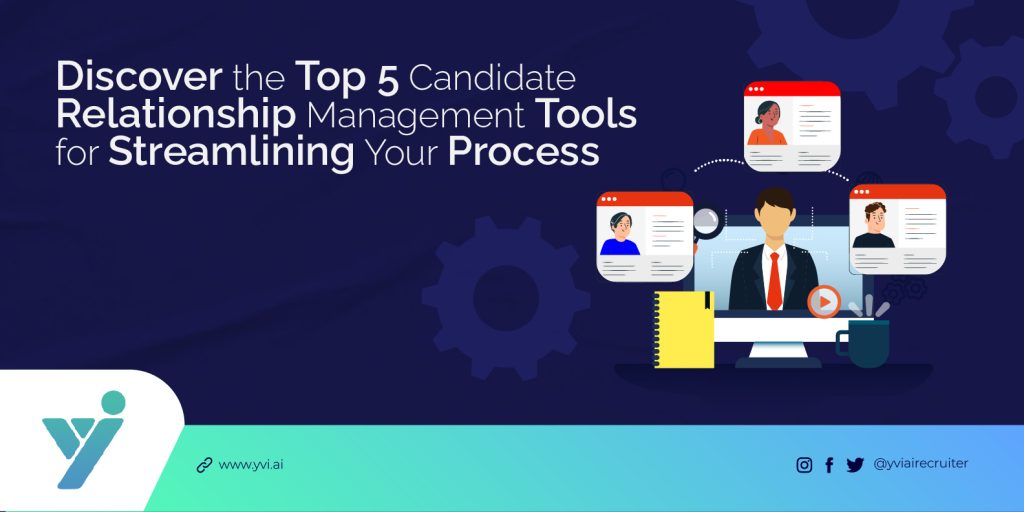
 Through stringent certifications and regulatory compliance,YVI guarantees that your hiring procedure conforms with international standards. We place a high priority on data security and privacy, in accordance with important regulations like GDPR and other sector-specific standards.
Through stringent certifications and regulatory compliance,YVI guarantees that your hiring procedure conforms with international standards. We place a high priority on data security and privacy, in accordance with important regulations like GDPR and other sector-specific standards. By providing candidates with clear access to their personal data and control over their rights, YVI empowers them. Transparency is maintained throughout the hiring process by making it simple for candidates to view, amend, or request that their information be removed.
By providing candidates with clear access to their personal data and control over their rights, YVI empowers them. Transparency is maintained throughout the hiring process by making it simple for candidates to view, amend, or request that their information be removed. Your hiring process will continue to be fair and unbiased thanks to YVI’s Agentic AI-powered bias and fairness monitoring tools. In order to detect and lessen any unfair practices, YVI continuously monitors possible biases in candidate evaluations.
Your hiring process will continue to be fair and unbiased thanks to YVI’s Agentic AI-powered bias and fairness monitoring tools. In order to detect and lessen any unfair practices, YVI continuously monitors possible biases in candidate evaluations. Transparency is a top priority for YVI, which has simple and transparent consent management procedures. Candidates receive comprehensive information about the use of their data, guaranteeing adherence to privacy laws.
Transparency is a top priority for YVI, which has simple and transparent consent management procedures. Candidates receive comprehensive information about the use of their data, guaranteeing adherence to privacy laws. Throughout the hiring process, candidate data is protected by YVI’s cutting-edge encryption technology. Every sensitive piece of information is safely encrypted to guarantee its confidentiality at all times.
Throughout the hiring process, candidate data is protected by YVI’s cutting-edge encryption technology. Every sensitive piece of information is safely encrypted to guarantee its confidentiality at all times. Role-Based Access Control (RBAC) is used by YVI to improve data security and privacy. The system makes sure that only authorized users can access sensitive candidate data by allocating permissions according to user roles.
Role-Based Access Control (RBAC) is used by YVI to improve data security and privacy. The system makes sure that only authorized users can access sensitive candidate data by allocating permissions according to user roles. YVI enables detecting and resolving threats instantly, YVI’s Agentic AI-powered threat detection and response tools improve the security of your hiring procedure. To safeguard candidate data from possible dangers, the platform constantly looks for unusual activity.
YVI enables detecting and resolving threats instantly, YVI’s Agentic AI-powered threat detection and response tools improve the security of your hiring procedure. To safeguard candidate data from possible dangers, the platform constantly looks for unusual activity. Strong audit and monitoring features are included in YVI to guarantee the security and integrity of your hiring data. A thorough and transparent audit trail is provided by the system’s logging and tracking of every action.
Strong audit and monitoring features are included in YVI to guarantee the security and integrity of your hiring data. A thorough and transparent audit trail is provided by the system’s logging and tracking of every action. YVI uses enterprise-grade security measures to protect user data. Strict access controls and cutting-edge encryption are used to protect candidate profiles, ensuring that private data is protected at all times.
YVI uses enterprise-grade security measures to protect user data. Strict access controls and cutting-edge encryption are used to protect candidate profiles, ensuring that private data is protected at all times. YVI makes your hiring process more efficient, YVI’s Agentic AI provides both automated and personalized reporting tools. You can easily track progress and monitor performance with the help of these reports, which offer customized insights into important metrics.
YVI makes your hiring process more efficient, YVI’s Agentic AI provides both automated and personalized reporting tools. You can easily track progress and monitor performance with the help of these reports, which offer customized insights into important metrics. You can create a more equitable and inclusive hiring process with the aid of YVI’s Agentic AI-powered diversity and inclusion analytics. You can better understand representation throughout your hiring process by monitoring important diversity metrics.
You can create a more equitable and inclusive hiring process with the aid of YVI’s Agentic AI-powered diversity and inclusion analytics. You can better understand representation throughout your hiring process by monitoring important diversity metrics. You can clearly see the availability, experience, and skill levels of your candidate network with YVI’s Agentic AI-powered talent pool insights. You can gain a better understanding of current market trends and gaps by examining your talent data.
You can clearly see the availability, experience, and skill levels of your candidate network with YVI’s Agentic AI-powered talent pool insights. You can gain a better understanding of current market trends and gaps by examining your talent data. Every step of your hiring process can be better understood and optimized with the aid of YVI’s Agentic AI-powered recruitment funnel analysis. You can precisely monitor the candidate flow from the first application to the last offer and identify areas that require improvement.
Every step of your hiring process can be better understood and optimized with the aid of YVI’s Agentic AI-powered recruitment funnel analysis. You can precisely monitor the candidate flow from the first application to the last offer and identify areas that require improvement. YVI with its sophisticated dashboard and reporting features, our Agentic AI driven recruitment platform improves your hiring procedure. When it comes to tracking important metrics like time-to-hire, conversion rates, and candidate quality, these tools provide a clear, real-time view of your entire recruitment process, from candidate sourcing to final selection.
YVI with its sophisticated dashboard and reporting features, our Agentic AI driven recruitment platform improves your hiring procedure. When it comes to tracking important metrics like time-to-hire, conversion rates, and candidate quality, these tools provide a clear, real-time view of your entire recruitment process, from candidate sourcing to final selection. Through Collaborative Interview Scheduling, YVI’s technology expedites the hiring process and facilitates smooth coordination between recruiters, hiring managers, and team members. This function, which is integrated with AI recruitment software, automates scheduling by determining shared availability, issuing calendar invites, and delivering real-time updates.
Through Collaborative Interview Scheduling, YVI’s technology expedites the hiring process and facilitates smooth coordination between recruiters, hiring managers, and team members. This function, which is integrated with AI recruitment software, automates scheduling by determining shared availability, issuing calendar invites, and delivering real-time updates. Role-Based Access Control (RBAC) is included into YVI’s platform to improve data security and expedite access control during the hiring process. By enabling administrators to provide particular permissions according to user roles, RBAC makes sure that team members only have access to the data required for their duties. Sensitive candidate data is protected by this methodical technique, which also lowers the possibility of illegal changes or data breaches. YVI upholds strict secrecy and complies with data protection laws by dividing access according to responsibilities like interviewers, HR managers, and recruiters.
Role-Based Access Control (RBAC) is included into YVI’s platform to improve data security and expedite access control during the hiring process. By enabling administrators to provide particular permissions according to user roles, RBAC makes sure that team members only have access to the data required for their duties. Sensitive candidate data is protected by this methodical technique, which also lowers the possibility of illegal changes or data breaches. YVI upholds strict secrecy and complies with data protection laws by dividing access according to responsibilities like interviewers, HR managers, and recruiters. YVI’s platform makes use of cloud-based accessibility to offer smooth, instant access to candidate data and recruitment tools from any location in the world. Without being constrained by actual office locations, HR teams and recruiters can efficiently handle hiring procedures, evaluate assessments, and work together thanks to this cutting-edge technology.
YVI’s platform makes use of cloud-based accessibility to offer smooth, instant access to candidate data and recruitment tools from any location in the world. Without being constrained by actual office locations, HR teams and recruiters can efficiently handle hiring procedures, evaluate assessments, and work together thanks to this cutting-edge technology.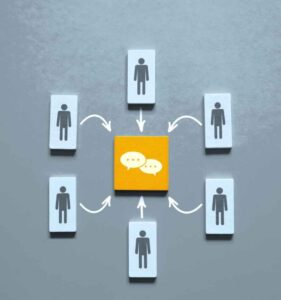 YVI’s Feedback Collection Modules make it easy for hiring teams to share and review interview feedback in real time. Instead of gathering notes from different emails or documents, everything is captured in one place,right on the recruitment platform. This helps recruiters and hiring managers stay organized and ensures that everyone’s input is considered when making decisions.
YVI’s Feedback Collection Modules make it easy for hiring teams to share and review interview feedback in real time. Instead of gathering notes from different emails or documents, everything is captured in one place,right on the recruitment platform. This helps recruiters and hiring managers stay organized and ensures that everyone’s input is considered when making decisions. Effective Teamwork Because they provide efficient communication, efficient problem-solving, and flawless project execution, workflows are essential for organizational success. By recognizing applicants that flourish in team environments and favorably impact group dynamics, we at YVI improve collaboration. Our platform assesses communication styles, flexibility, and interpersonal abilities to assist companies in choosing candidates who will fit in well with current teams. This tactical strategy fosters innovation and productivity at work in addition to enhancing team camaraderie.
Effective Teamwork Because they provide efficient communication, efficient problem-solving, and flawless project execution, workflows are essential for organizational success. By recognizing applicants that flourish in team environments and favorably impact group dynamics, we at YVI improve collaboration. Our platform assesses communication styles, flexibility, and interpersonal abilities to assist companies in choosing candidates who will fit in well with current teams. This tactical strategy fosters innovation and productivity at work in addition to enhancing team camaraderie. Your Personality Trait Score
Your Personality Trait Score At YVI, we understand that successful hiring goes beyond just matching skills to job descriptions,it’s about finding the right role fit and building strong team dynamics. Our platform evaluates both personal and interpersonal strengths to ensure candidates not only meet the technical requirements but also contribute positively to team culture. This holistic approach helps businesses form cohesive, high-performing teams that drive innovation and productivity.
At YVI, we understand that successful hiring goes beyond just matching skills to job descriptions,it’s about finding the right role fit and building strong team dynamics. Our platform evaluates both personal and interpersonal strengths to ensure candidates not only meet the technical requirements but also contribute positively to team culture. This holistic approach helps businesses form cohesive, high-performing teams that drive innovation and productivity. The Big 5 Model (OCEAN) is a well-known framework for assessing personality traits,neuroticism, agreeableness, extraversion, conscientiousness, and openness. These traits help understand how individuals behave and perform in various situations. YVI’s hiring platform integrates this model to help companies identify candidates who not only have the right skills but also align with the organization’s culture. This scientific approach offers deeper insights beyond resumes, revealing traits that influence long-term success and workplace behavior.
The Big 5 Model (OCEAN) is a well-known framework for assessing personality traits,neuroticism, agreeableness, extraversion, conscientiousness, and openness. These traits help understand how individuals behave and perform in various situations. YVI’s hiring platform integrates this model to help companies identify candidates who not only have the right skills but also align with the organization’s culture. This scientific approach offers deeper insights beyond resumes, revealing traits that influence long-term success and workplace behavior. Hiring the right people starts with trust and knowing who you’re bringing into your team. YVI’s application tracking system integrates Agentic AI to manage background verification in the recruitment process, verifying a candidate’s credentials, helping you make informed decisions with speed and confidence.
Hiring the right people starts with trust and knowing who you’re bringing into your team. YVI’s application tracking system integrates Agentic AI to manage background verification in the recruitment process, verifying a candidate’s credentials, helping you make informed decisions with speed and confidence. Our post-offer retention focuses on keeping candidates engaged and excited to join your team. We help you build a welcoming experience from the moment they say “yes” until their first day, making sure they feel valued and connected, and reducing the chances they’ll change their mind.
Our post-offer retention focuses on keeping candidates engaged and excited to join your team. We help you build a welcoming experience from the moment they say “yes” until their first day, making sure they feel valued and connected, and reducing the chances they’ll change their mind.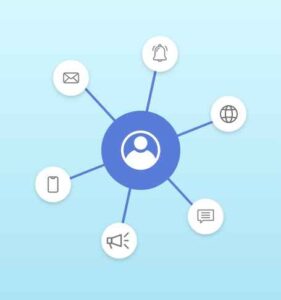 In recruitment, timely and seamless communication can make all the difference. That’s why YVI is one of the best application tracking systems that offers a robust omnichannel communication feature, ensuring you stay connected with candidates on their preferred platforms, whether it’s email, SMS, WhatsApp, or in-app messaging. No matter where they are, your message reaches them clearly and instantly.
In recruitment, timely and seamless communication can make all the difference. That’s why YVI is one of the best application tracking systems that offers a robust omnichannel communication feature, ensuring you stay connected with candidates on their preferred platforms, whether it’s email, SMS, WhatsApp, or in-app messaging. No matter where they are, your message reaches them clearly and instantly. YVI’s intelligent chatbots, powered by Agentic AI, handle FAQs about job openings, application status, and interview details, providing instant responses that keep candidates engaged day or night.
YVI’s intelligent chatbots, powered by Agentic AI, handle FAQs about job openings, application status, and interview details, providing instant responses that keep candidates engaged day or night. Your career page is more than a job board, it’s the first glimpse candidates get of who you are as a company. With YVI’s customizable career pages, you can create a vibrant, branded job portal that truly captures your company’s culture, vibe, and values.
Your career page is more than a job board, it’s the first glimpse candidates get of who you are as a company. With YVI’s customizable career pages, you can create a vibrant, branded job portal that truly captures your company’s culture, vibe, and values. Recruitment Automation is transforming talent acquisition by replacing manual, time-consuming processes with intelligent technology. YVI’s Agentic AI and machine learning tools ensure everything is automated from job posting distribution and resume parsing to candidate scoring and interview scheduling.
Recruitment Automation is transforming talent acquisition by replacing manual, time-consuming processes with intelligent technology. YVI’s Agentic AI and machine learning tools ensure everything is automated from job posting distribution and resume parsing to candidate scoring and interview scheduling. You can conduct online tests and interviews with confidence while maintaining security and fairness with YVI’s Intelligent Proctoring. During tests, this AI-powered feature actively watches candidates, tracking eye movements, spotting questionable behaviour, flagging several individuals in the picture, and spotting possible rule infractions.
You can conduct online tests and interviews with confidence while maintaining security and fairness with YVI’s Intelligent Proctoring. During tests, this AI-powered feature actively watches candidates, tracking eye movements, spotting questionable behaviour, flagging several individuals in the picture, and spotting possible rule infractions. YVI’s AI-based Interview relies on Agentic AI to listen to what candidates say, pick up on their tone, notice their body language, and check how well their answers fit the job, all in real time. This isn’t about replacing your judgment; it’s about making it sharper. The AI keeps things fair by judging everyone the same way, cutting out unconscious bias and letting you focus on who’s truly right for the role.
YVI’s AI-based Interview relies on Agentic AI to listen to what candidates say, pick up on their tone, notice their body language, and check how well their answers fit the job, all in real time. This isn’t about replacing your judgment; it’s about making it sharper. The AI keeps things fair by judging everyone the same way, cutting out unconscious bias and letting you focus on who’s truly right for the role. YVI’s AI-based video Interview feature revolutionizes how you engage with candidates by combining the ease of remote interviews with smart feedback from Agentic AI. This feature allows recruiters to administer structured video interviews anywhere, anytime, while the system automatically analyzes responses for tone, speech patterns, facial expressions, and content relevance.
YVI’s AI-based video Interview feature revolutionizes how you engage with candidates by combining the ease of remote interviews with smart feedback from Agentic AI. This feature allows recruiters to administer structured video interviews anywhere, anytime, while the system automatically analyzes responses for tone, speech patterns, facial expressions, and content relevance.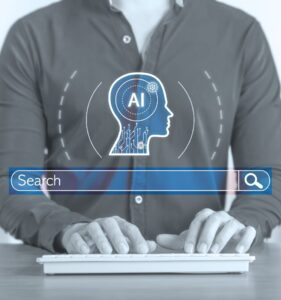 YVI’s AI-Based Question Bank streamlines your interviews, saving valuable time and ensuring consistency across the hiring team. Powered by cutting-edge AI in recruitment technology, the platform helps you move beyond generic questions and understand specific scenarios and behavioral indicators. This allows for a deeper understanding of each candidate’s capabilities and potential, leading to more informed and confident hiring decisions.
YVI’s AI-Based Question Bank streamlines your interviews, saving valuable time and ensuring consistency across the hiring team. Powered by cutting-edge AI in recruitment technology, the platform helps you move beyond generic questions and understand specific scenarios and behavioral indicators. This allows for a deeper understanding of each candidate’s capabilities and potential, leading to more informed and confident hiring decisions. 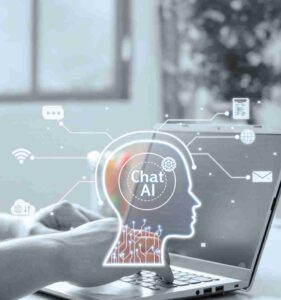 Picture a hiring process where candidates feel valued from the very first interaction; that’s the magic of YVI’s AI-based chatbot. This is built with Agentic AI that interacts with applicants in real time, asking thoughtful, job specific questions and quickly assessing their responses. It’s like having a tireless assistant who saves recruiters hours by identifying top talent early, all while creating a welcoming and professional experience for every candidate.
Picture a hiring process where candidates feel valued from the very first interaction; that’s the magic of YVI’s AI-based chatbot. This is built with Agentic AI that interacts with applicants in real time, asking thoughtful, job specific questions and quickly assessing their responses. It’s like having a tireless assistant who saves recruiters hours by identifying top talent early, all while creating a welcoming and professional experience for every candidate. Intelligent Resume Screening and Scoring
Intelligent Resume Screening and Scoring